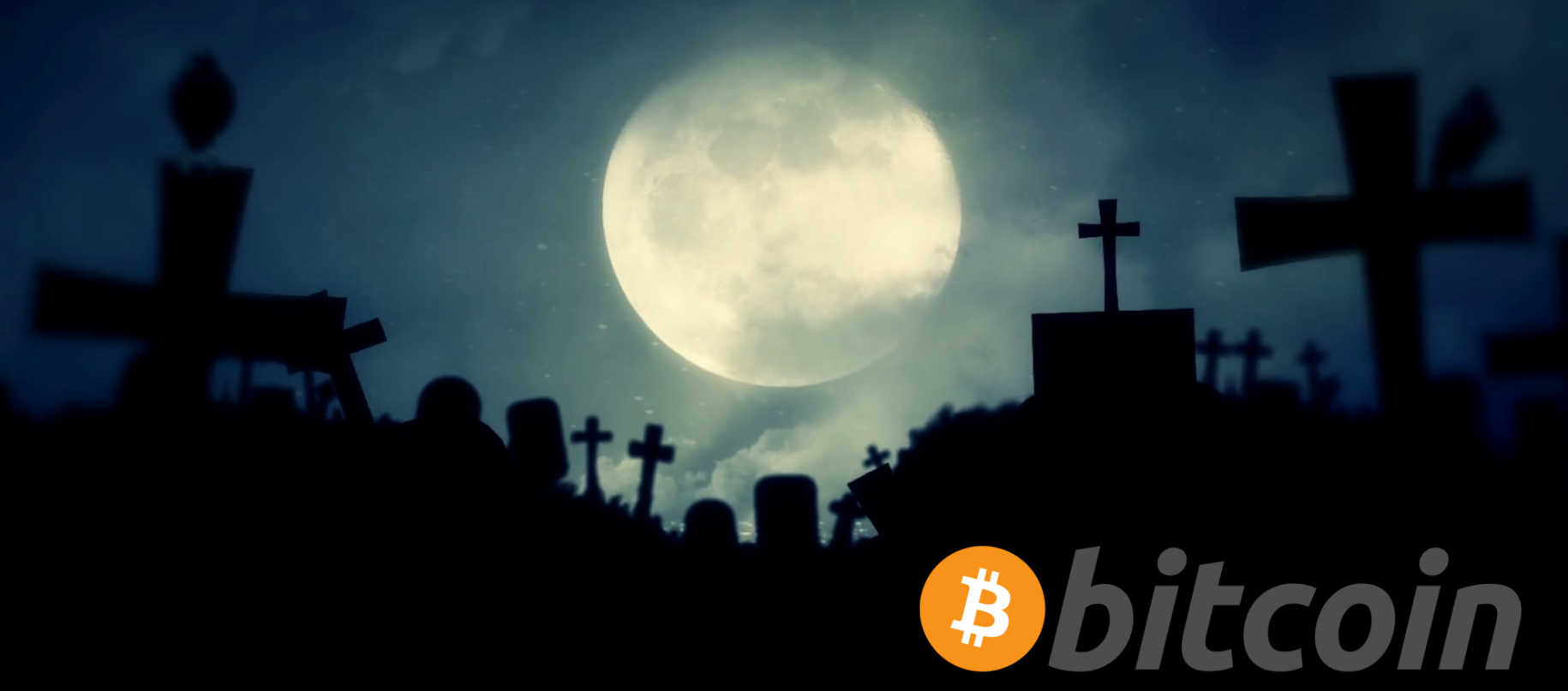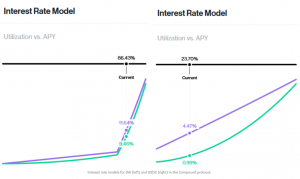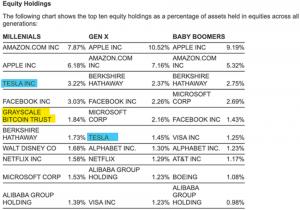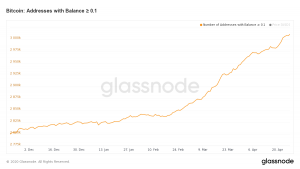It’s time for a bold forecast as I’m thinking about this for a week now. But before arguing why I think bitcoin is dead, let me say that I have nothing Bitcoin per se. I bought my first coins back in February 2015, a bitcoin was valued 191€. What a good ride it was until I sold it. Why I bought only 10€ of bitcoin will stay as the biggest mistake ever.
Bitcoin, the idea, is wonderful for a geek like me. Removing humans from the trust equation is brillant. I didn’t bought bitcoin to make money, I bought to be able to say that I was there before it was a thing and because it just made sense. Then arised the end of 2017 bubble and all changed.

Everyone wanted to buy bitcoin and nobody cared about how it work and what was the purpose. The new purpose was to make money, it still is. People talked about technical analysis all the time in order to predict if the trend was bullish or bearish. This was not sustainable. The trend is bullshit.
— The trust issue will never be solved in a pristine way. Bitcoin consume as much energy than Austria to produce something of near to no economic value. Getting trust but loosing a planet doesn’t seems like a good deal for a start. Furthermore, most people are lazy and keep their bitcoin in a wallet like Coinbase (I did). So they technically don’t own any bitcoin just like the money in your bank account is not fiat currency (you have a claim on bitcoins or fiat currency). Finally, the DAO was a good experiment to remember that we are humans. “Code is Law” except when we don’t like it. Bitcoin evolution is in the hands of miners that are not guided by the world best interest.
— As the bitcoin money supply is fixed (more or less), and most people don’t have it, it will raise in value as it is used by the economic system. This will lead to a huge wealth transfert from late user to early adopters. Is it good to have so many billionaires and millionaires juste because they were early? The bitcoin price is a zero-sum game. If you win, someone is loosing. This is not the utopia in the bitcoin ad.
Then enter stablecoins
Some may argue that stablecoins are bullshit. Tether make the promise that for every coin (USDT) there will be $1 somewhere in their bank account (see transparency). Most people (myself included) think they are very reliable on not being reliable.
Now there is many more stablecoins. In most, you need to trust a counterparty. I personaly like USDC from Circle (Goldman Sachs-baked).
Stop here and think again. The whole cryptocurrency thing was about people not trusting the financial industry. Now, it is back to square one where the value of a cryptocurrency is limited by the trust to one foreign company which hold the currency you wanted to get rid of in the first place !!!
Joke aside, because there is never enough craziness (ok there can be many reasons for it), some people are buying those coins above par (the unworthy Tether was up to $1.04).

Okay this is bullshit squared. Or so was my thinking.
Then I saw the light
The awesome thing about stablecoins is that being pegged to something (let’s say US dollars), there should be no speculation.
(For the following discussion, I exclude stablecoins using a programmatic embedded central bank to control the exchange rate. My current thought is that it’s bullshit due to the impossible trinity.)
If there is no speculation and if there is centralization (therefore no environmental impact due to the insane processing power needed and good transaction throughput), then you have something that can be useful.
But why not, then, use the real currency? 2 reasons.
First, it would be an upgraded money system. Believe it or not, stock exchanges were slow to adapt to the computer revolution. The operating system behind Nasdaq and the New York Stock Exchange was not designed in house. It was a hacker work and they were on a war to shutdown those two exchanges in order to provide fairness in the stock market. You can read more on that in the book Dark Pools and see the source code of the system they designed here. As you might guess, those two exchanges still exist, they just bought the challenger companies (so much for the holy war). And the unfairness of specialist is now replaced by the unfairness of high frequency trading. No more paper or voice, just bits and computers.
Secondly, let’s say a NGO become the trust party to manage (directly or more like indirectly) a stablecoin pegged on the US dollars. Let’s say it achieve massive adoption (because of the technical advantages in the first point). At some point , if everyone is using it, who cares if there is US dollars to back it? At some point fiat currencies stopped to be backed by gold.
I can live in a world like that. The trust will not lie on a computer program but on people above countries (well possibly the U.N.). Not a perfect blockchain use case but a step forward for the world.
PS : I don’t know where to put it, but here is very good paper on bitcoin that I want to remember.
PPS : As the bitcoin volatility is falling, who knows, maybe I’m wrong ?





Be First to Comment